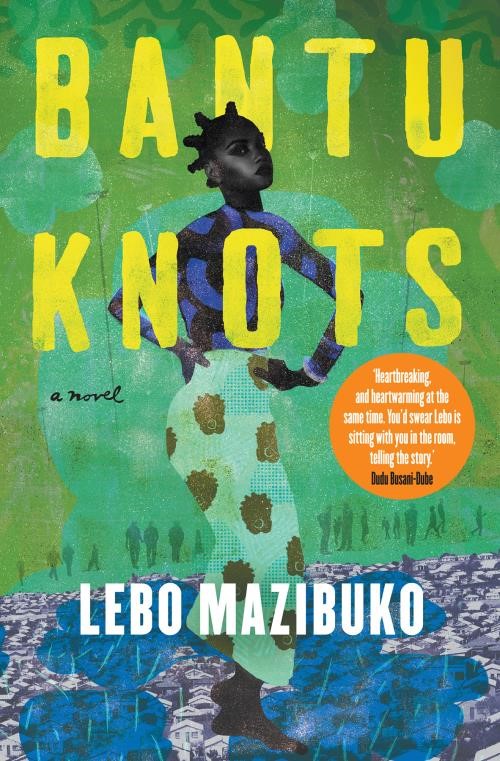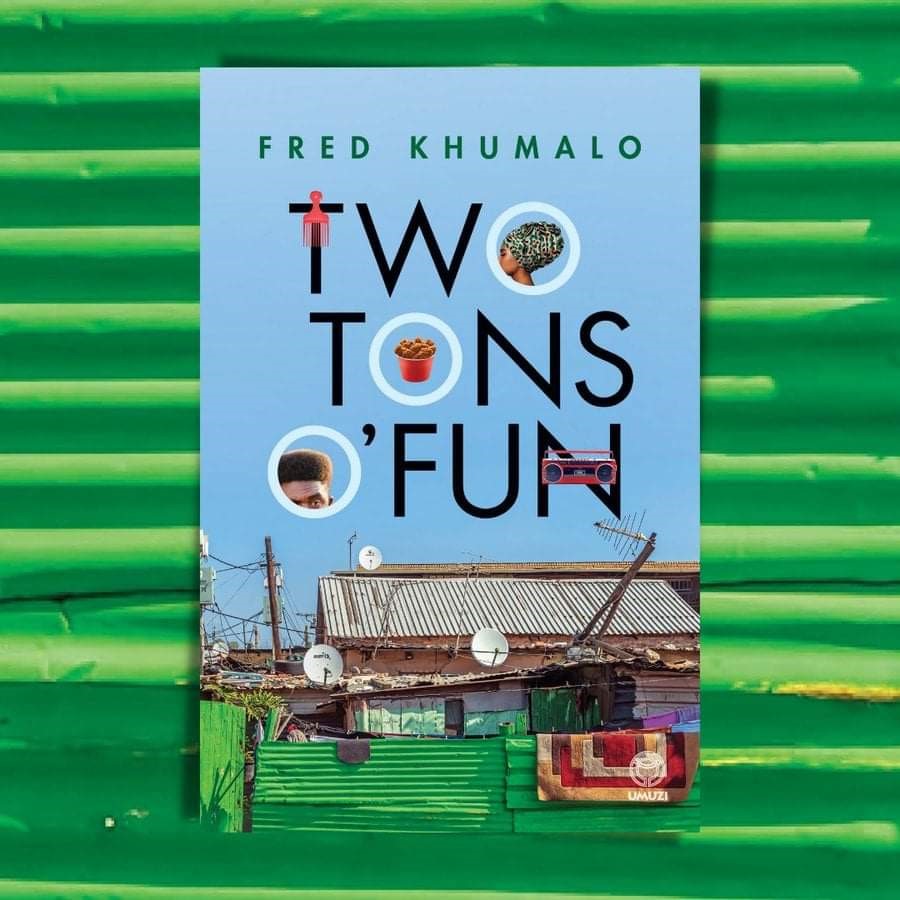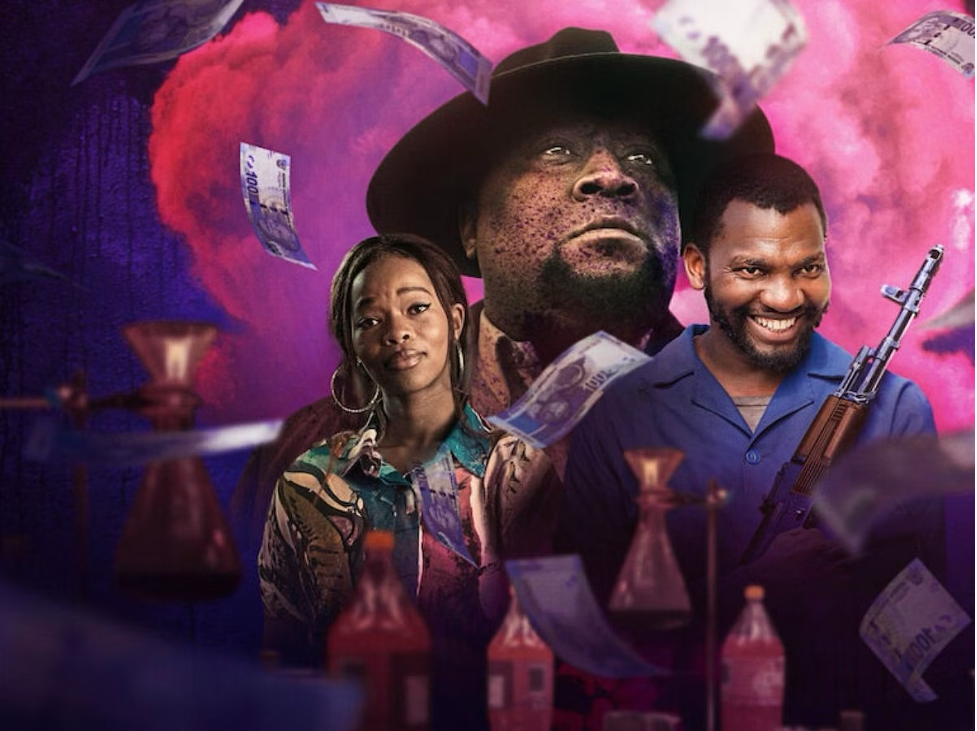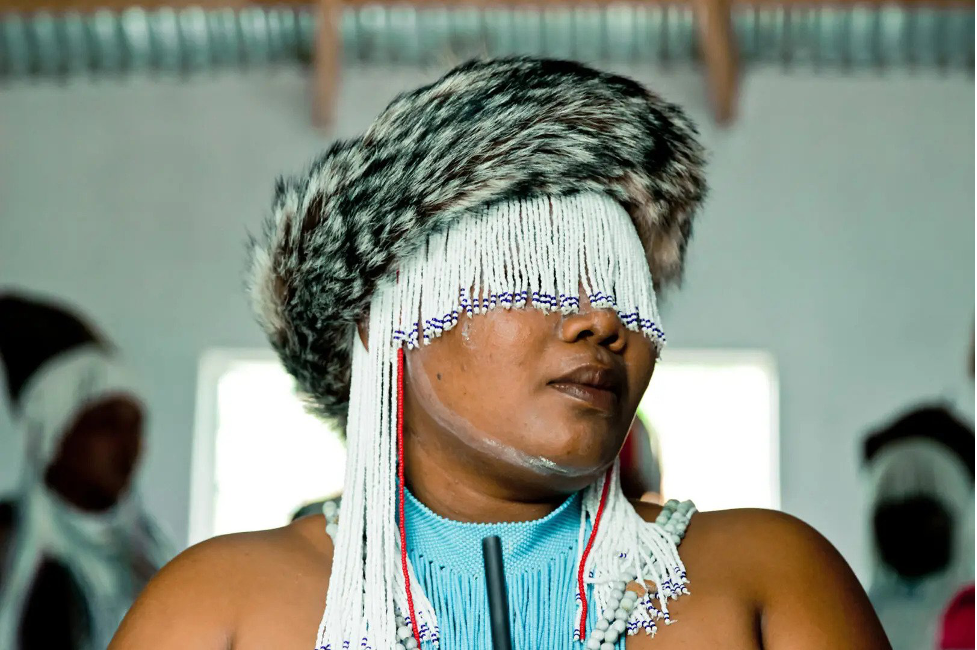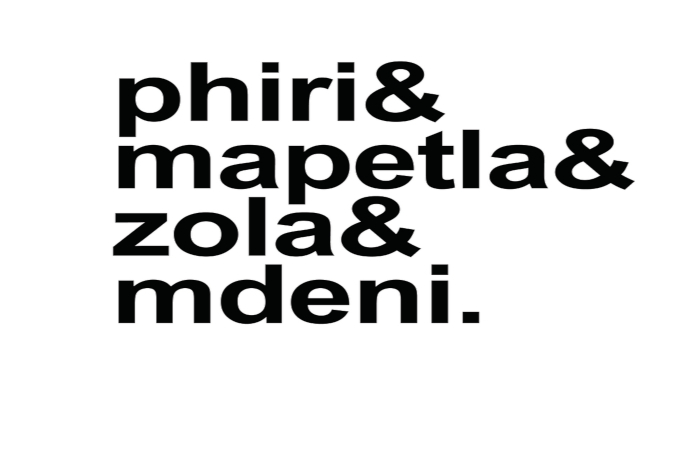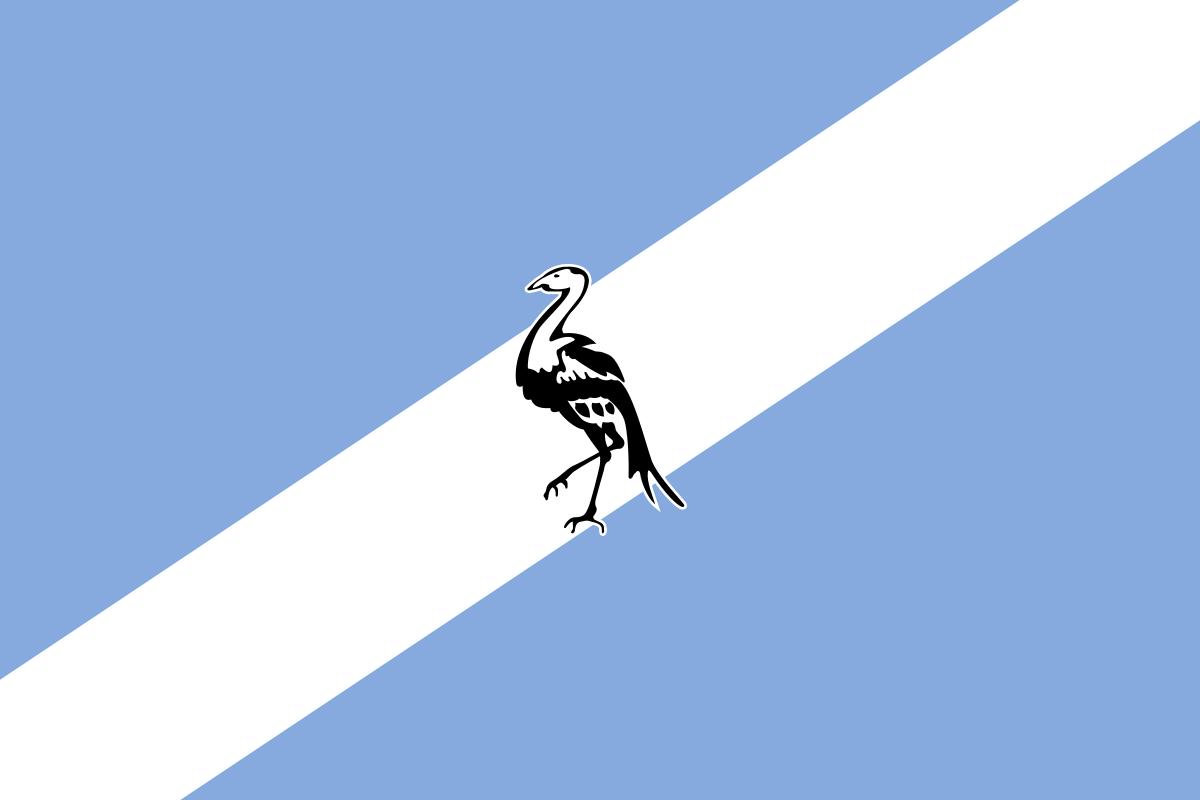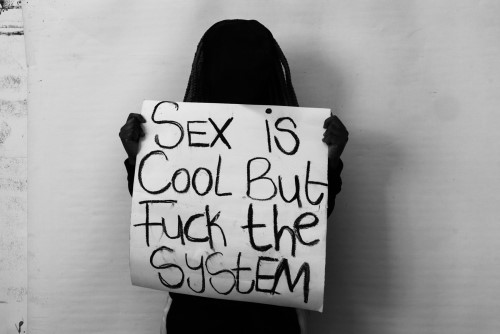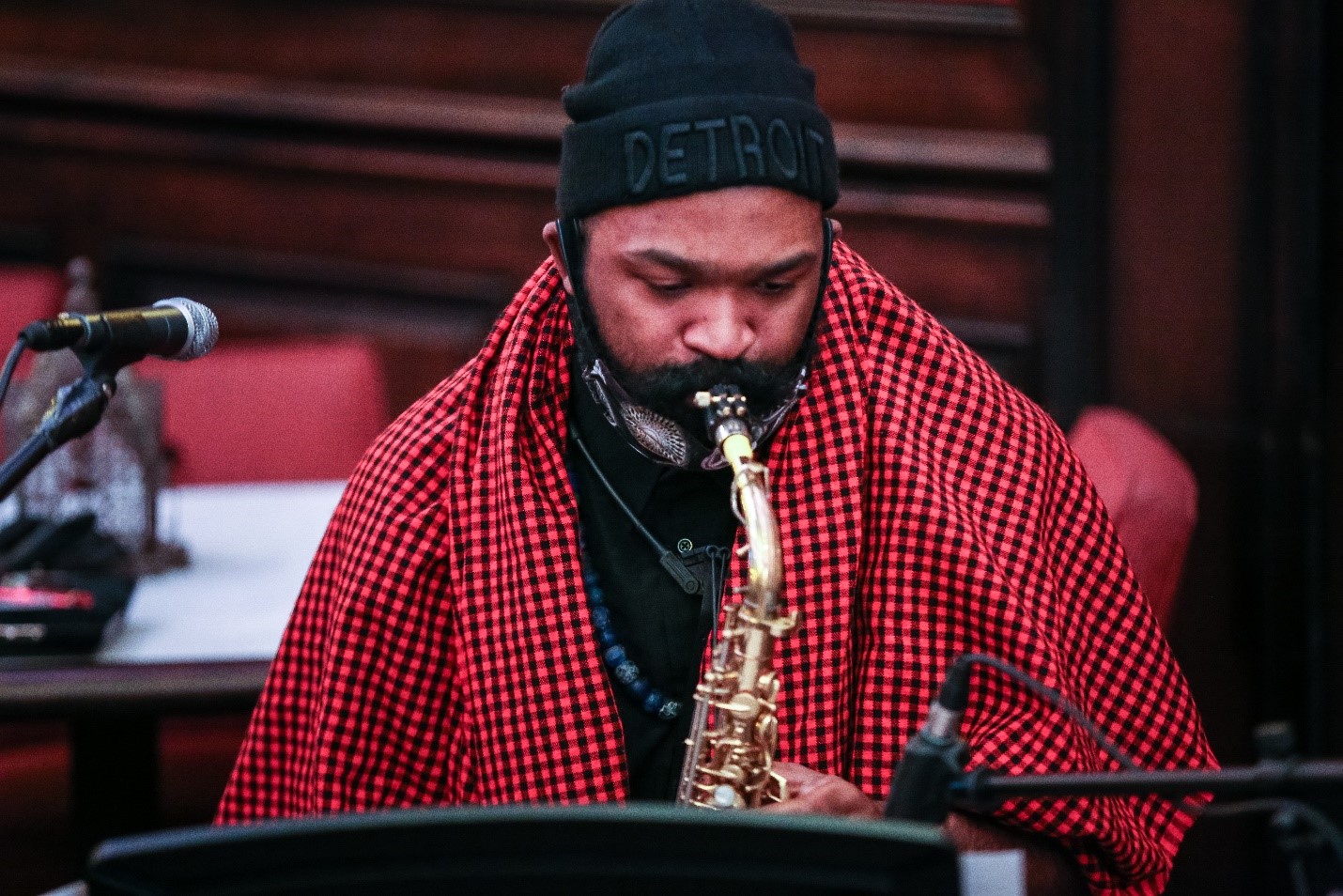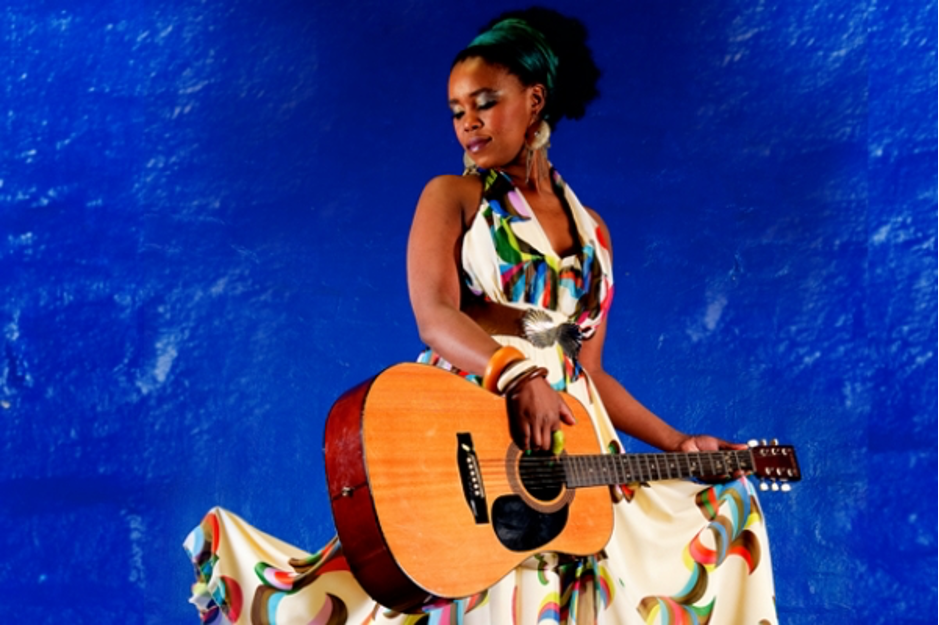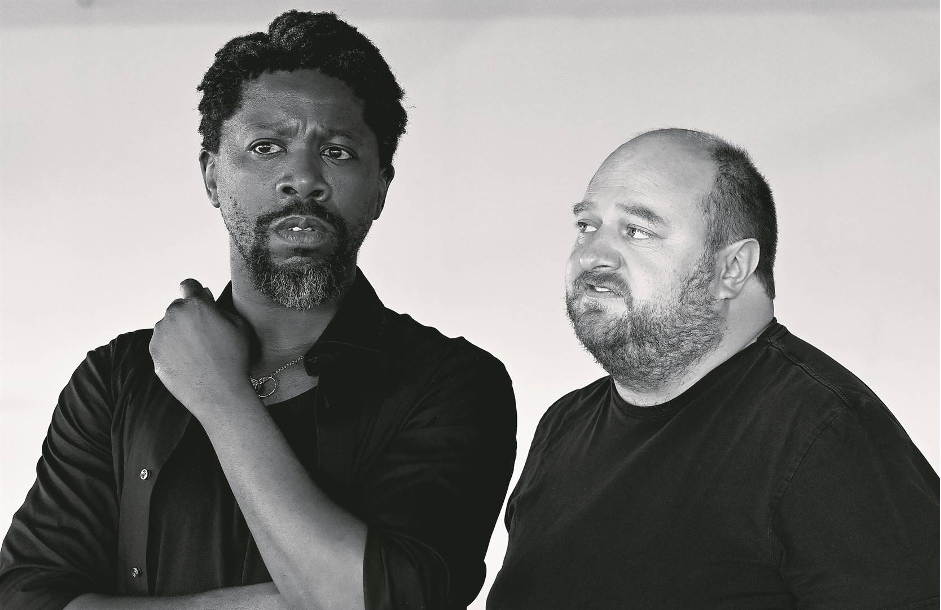“It’s not just hair…
even though hair is one way we use
to express ourselves.”
-Itu
With each chapter adorned by beautiful proverbs in various South African languages such as Setswana and isiZulu, Bantu Knots by Lebo Mazibuko is a delightful coming-of-age story of a young black woman growing up in a township environment. At its core, this latest novel is a celebration of strong black women that many readers can identify with. Besides the emphasis on the typical “African woman” attributes of being curvaceous and brown-skinned beauty- the author crafted most female characters as bold, independent thinkers and deeply entrenched in their beliefs. Mazibuko stunningly weaved Kasi symbolism that would have many readers identifying their family members, neighbours and nyaope boys asking for two rands. This easy read explores complex themes around self-identity and beauty ideals, marriage, teenage pregnancy, gender-violence, youth unemployment and religion mostly embedded in a township setting.
Naledi Kwena
Rooted in her funny popcorn knotted hair the main character Naledi Kwena better known to her friends as Ledi, is a lover of jazz and poetry trying to find her voice in a chaotic world. Referred to as “Myamane” by her estranged father she sometimes finds herself an outcast due to her dark skin. At the beginning of this novel, we catch Naledi as a twelve-year-old teenager and follow her narrative into her twenties. We empathise; get angry; laugh and cry with her at every twist and plait of her life. From her first kiss; battle with understanding boys and sexuality; her questioning of the role of religion in a changing world and adapting to tertiary life.
Strong Black Women
Naledi’s mother Dineo, although an irresponsible parent addicted to slay-queening and the belly-popping-blesser lifestyle, is still feisty and can stand up for herself when it suits her. Mazibuko navigates us between this unpleasant mother-daughter relationship whereas a reader you wonder whether the relationship could be salvaged or not. The same can be said about the mother-daughter relationship between Mama Norah, Naledi’s grandmother, and Dineo. A matriarch of note with unshakable and uncompromising Christian values, Mama Norah is highly protective of Naledi mainly because she doesn’t want her to fall into the trap of teenage pregnancy and otherworldly sins. This prayer warrior, who wastes no time to remedy a devilish situation with a Bible verse or two, is a representative of many grandmothers across rural and township South Africa.
They are the custodians of love, wisdom, humility and faith with the best interest of their children and grandchildren tucked unconditionally in their hearts. These grandmothers know all about holding the knife’s edge without flinching. This mission however may come across as incredibly strict and unfair to those under their guardianship as was the case with Naledi. To this strictness, Naledi states “My grandmother’s voice had been thick and heavy, like the bags beneath her eyes. It had shaken everything- from the walls of our four-room house to every hair on my body”. Just like a hairband, Mama Norah is one of the woman characters that firmly hold together the essence of this book.
“Moriri oa mosali ke lesira”- A woman’s hair is her veil
As a teenager “Rasta” was the prestigious title, to the disdain of my parents. I earned from some Kasi residents due to my green-bar-Sunlight-twisted dreadlocks. At some point, there were street sage recommendations to use Coca Cola or Fanta Orange cold drink to get the shiniest and steadiest dreadlocks. Failing to follow through, there were also short-lived periods of S-curl and Cut, even cornrows. Now in my adult life, I find comfort in my chiskop, however, hair and beauty issues are not much of a comfortable topic to explore especially amongst African black women as compared to us men. One character that unapologetically tackles these issues is Itu, the new friend Naledi meets through the pastor’s daughter Minenhle, known as Minnie.
Itu is a firebrand of a personality that challenges societal constructs and the hypocrisy of patriarchy with her political-feminist views. To the long-held debate that black African women straighten their hair and make other body alterations due to low-esteem and self-hatred, Itu responds with unwavering might. She states “when Kourtney puts on hair extensions, fake lashes and gets a nose and boob job, Kourtney is so sexy, but when Khetiwe does it, she’s not proud to be an African woman”. With the plaited and twisted popcorn knots most of her life, for Naledi her hair has not been the main priority compared to other girls like Minnie. Echoing one of India Aria’s songs this book prompts one to question if we are really our hair. To this Itu argues “It’s not just hair…even though hair is one way we use to express ourselves. It’s our hair, our fashion, our language, history, culture and even our beliefs“.
A celebration of African township culture
Bantu Knots is also a celebration of township culture that I related to, having grown up in Mabopane, a township north of Pretoria. I was familiar with the imagery of the women characters wearing nightgowns during the day with pantyhose on their heads; counting money at the front seat of a taxi, and the infamous old orange sack used to wash dirty bathtubs.
These are the things we grew up with and it is still the current reality for many South Africans. For those readers who have climbed the social class ladder, this book will serve a nostalgic Kota feast you wouldn’t want to end. Although the author does a decent job of translating some vernacular words, not all parts in South African languages are translated. This prevailing tone of township dialect through the book could mainly appeal to black township audiences and thus risk sidelining other audiences interested in the book. Additionally on whether the overall theme of the politics of Bantu hair was fully explored is another thing the readers will have to conclude on.
Over and above that Bantu Knots is a worthy fictional contribution to this political issue particularly from an African Black hair perspective. This beautifully written novel is not only a story of a young woman finding her voice to stand by her decisions but also pays lovely tribute to all African black women who rise above adversaries, forgive and get reborn.
Johannesburg based, Rolland Simpi Motaung is an Entrepreneur, Facilitator and Book Reviewer. He is passionate about entrepreneurship, education, creative arts, media and gender studies particularly from an African context.

